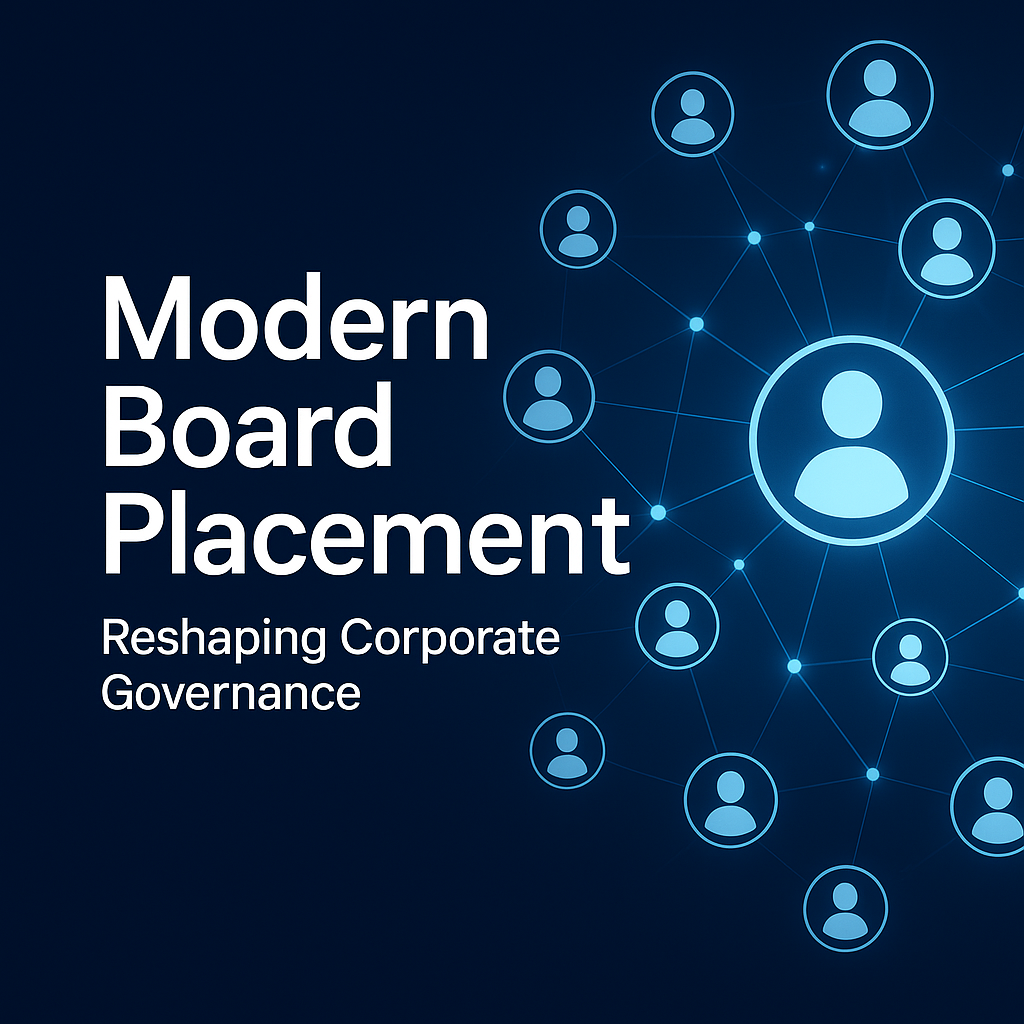Artificial intelligence (AI) is changing many industries, and as a result, it is now vital and valuable to integrate into decision making frameworks and business processes. Even with the speed at which technology is developing, maintaining the human touch is still essential. Finding a balance between using AI capabilities and respecting human values is crucial for executive leadership jobs because strategic decisions determine the direction enterprises take.
Examining the crucial role that human-centric leadership plays in navigating the AI landscape demonstrates how leaders can take advantage of AI’s revolutionary potential while avoiding possible pitfalls by emphasizing ethical considerations, cultivating empathy, and advocating for diversity. For real innovation and sustained advancement, technology and humans must converge.
AI refers to technologies that imitate human cognitive processes, allowing algorithms to independently examine data, spot patterns, and come to well-informed choices. Executive leadership applications of AI include automating processes to predicting market trends with predictive analytics to maximize operational efficiency.
Although AI brings a multitude of integration hurdles, it also presents an unmatched opportunity to improve decision making processes. The most significant issue is algorithmic bias, in which AI systems could reinforce or magnify already-existing inequality. Additionally, questions about accountability and transparency in decision making are raised by the opaque nature of AI algorithms.
Human oversight and ethical frameworks are essential to reducing these hazards and maximizing the benefits of artificial intelligence. In addition to using AI’s capabilities, human-centric leadership makes sure that its application complies with social norms and ethical standards. Organizations can effectively handle the difficulties of AI in leadership roles by incorporating multiple perspectives and building an accountability culture.
Human-centric management in the AI era
Human-centric leadership is characterized organizations making it a top priority to empower individuals and provide a sense of well-being. This takes on even more significance in the context of AI. Leaders who uphold human-centric values are aware of the moral ramifications of AI adoption and place a high priority on defending human rights and dignity.
They understand the relevance of empathy and emotional intelligence in creating inclusive, team-oriented work environments that respect and value the diversity of viewpoints. I believe that human-centric leaders leverage technology as a tool to augment decision-making processes in AI-driven environments, rather than as a replacement for human judgment. This guarantees that AI systems are implemented in an ethical and transparent manner, taking into account the possible effects on society.
Although there are many examples of these leaders, their strategies differ based on the industry and organizational setting. But what unites them is their unshakable dedication to prioritizing human values over technological achievements. Human-centric leadership is becoming more and more important as firms traverse the terrain of digital transformation. It serves as a compass for the moral and sustainable integration of AI.
How to handle ethical conundrums in AI-powered leadership
There are many ethical issues that arise when AI is incorporated into executive leadership jobs. These include problems with algorithmic bias, in which societal injustices may be reinforced or worsened by AI systems. Concerns about data security and privacy also surface since AI systems depend on enormous volumes of sensitive data to make decisions.
Establishing a culture of openness, responsibility, and diversity in AI-powered enterprises is crucial to gaining stakeholders’ trust. Organizations can responsibly traverse the complexity of the digital age by prioritizing human values in AI-enabled decision-making processes and adopting ethical leadership standards.
Create a leadership paradigm for the future
Today’s leaders need a forward-thinking attitude, actively looking for chances to learn new things and advance their AI skills. This entails keeping up with new AI developments and comprehending how they could affect society and corporate operations.
Developing a diverse and inclusive leadership team is a crucial tactic for creating a leadership paradigm that is ready for the future. Through the combined knowledge and viewpoints of people with different experiences and backgrounds, companies can encourage creativity and innovation while lowering the likelihood of groupthink. In AI-driven organizations, inclusive leadership approaches foster a feeling of empowerment and belonging among team members, improving productivity and collaboration.
In the face of technological change, leaders need to emphasize resilience and adaptation. This entails adapting to change and actively looking for ways to use AI technologies to gain a competitive edge. Organizations can maintain human values and ethical principles while positioning themselves as leaders in the digital age by cultivating a culture of experimentation and agility.
Last words
It takes a concentrated effort to create diverse, inclusive, and flexible leadership teams that can take advantage of AI’s transformative potential while minimizing its hazards in order to build a leadership paradigm that is ready for the future. Organizations can prosper in the AI age and promote sustainable growth and innovation with a dedication to ethical leadership, strategic vision, and ongoing learning.
The need for AI initiatives to adopt human-centric approaches is only going to increase. It is leaders’ responsibility to give ethical considerations, empathy, and inclusivity top priority when making decisions so that AI developments respect human values and benefit society. Organizations can leverage AI’s revolutionary potential while reducing risks and building stakeholder trust by cultivating a culture of openness, responsibility, and ongoing learning.
Source: INC
#AI #ArtificialIntelligence #Leadership #ExecutiveLeadership #HumanCentric #EthicalAI #DecisionMaking #Innovation #Empathy #Inclusivity #Transparency #AlgorithmicBias #DataPrivacy #AIIntegration #StrategicVision #ContinuousLearning #Diversity #Accountability #DigitalTransformation #SustainableGrowth #TechnologicalChange #FutureLeadership









